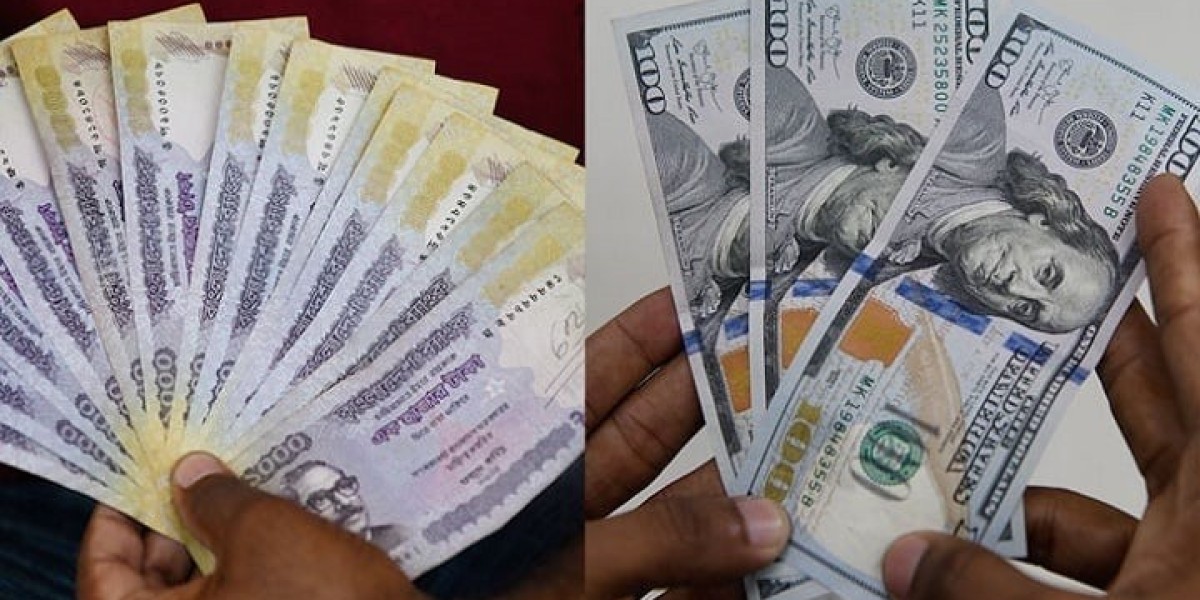How to avoid online fraud
September 16, 20242 Mins Read
Always use the latest version of operating system and browser to stay safe online. This is because updated versions are released after fixing security flaws in the operating system and browser. HTTPS is the secure version of Hyper Text Transfer Protocol. The 'S' in HTTPS means the website is secure. As a result, information is more secure on websites whose addresses begin with HTTPS.
Online fraud
A phishing attack is basically a phishing attack that uses fake names and addresses to steal information from a person or organization. For this reason, if you receive a message from a bank or an important institution, you cannot immediately click on the e-mail. Rather, you have to check whether the sender's e-mail address matches the organization's e-mail address you have.
In addition, it is better not to open Word, Excel, PowerPoint or PDF files attached to any suspicious e-mail. Because, through these files, cybercriminals can steal information by inserting viruses into your computer or mobile phone.
Change your email password occasionally. You can also change the mobile pin code of the debit card. Also, you will be very safe even if you do OTP verification during the transaction. Sometimes some unknown e-commerce site offers some incredible offers. Don't fall into that trap. That's the danger. iPhones or branded TVs are never available at 80 percent off. So shop wisely.
Fraudsters use the name and look of well-known websites to create traps. So domain verification is very important. Check the spelling of the site you are thinking of shopping from. Links are mailed from some strange addresses. Avoid them.
USD 257 million seized in global police crackdown against online scams (interpol.int)
Do not give your bank or debit card information to an unknown e-commerce site. Shop only from popular, known online shopping sites. Many times various links come in e-mail or WhatsApp. You can also get many unknown links through social media. It is wise not to give your personal information there.



















































